Overbilling happens when a contractor overstates the labor and/or material costs and bills their client more than what was originally agreed upon. Although this can occasionally be done inadvertently, some less respectable contractors will do this on purpose in the hopes that their client will fail to notice the inflated costs and fall victim to fraud. Contractors will, in extreme circumstances, recycle previous invoices to submit two bills for work that has already been finished. Overbilling is the practice of paying a contractor more money than the quantity of work or materials performed, though there are many different kinds of these schemes.
You would be the victim of overbilling, for instance, if you went to an auto mechanic for a routine vehicle check and the mechanic misled you into paying for unnecessary repairs or adjustments, or worse, lied about how much work was actually done on your car.
Common Causes of Overbilling
Inadequate project tracking, human error, and poor communication are among the causes of overbilling in the construction industry. Accurate billing and project linkages are weakened by these variables.
- Miscommunication: Unclear communication leads to misunderstandings, like unrecorded change orders causing double billing.
- Human Error: Accounting mistakes distort billing accuracy, even small errors causing significant overbilling and affecting financial reports.
- Inadequate Tracking: Incomplete systems cause billing for unfinished tasks or unused materials, impacting financial projections.
- Incomplete Documentation: Inaccurate records hinder expense validation, leading to billing disputes and potential overbilling, straining financial relationships.
Real-Life Examples:
- Change Orders: Undocumented verbal changes lead to disputes, impacting financials and trust.
- Quantity Error: Incorrect material measurements cause excessive billing, affecting financial statements.
- Progress Lapse: Weak tracking triggers billing for incomplete work, distorting financial projections.
Read more: Underbillings: What is it? How can it hurt your cash flow?
Common Types Of Schemes
Regrettably, one of the most prevalent forms of consumer fraud is overbilling. In order to avoid detection, billing schemes operate by taking advantage of incompetent or unduly complex accounting departments. Businesses that are overcharged are frequently duped into purchasing goods or services that are never provided, provided insufficiently, overpriced, or unnecessary for the company.
Fundamentally, billing schemes work by inflating the amount of goods or services provided, then keeping the additional money for themselves. Skilled strategies will justify the exaggerated expenses with forged or fake documentation. Fraudsters might assume the appearance of legality by manipulating dates, quantities, prices, or other details on purchase records, expense reports, invoices, and other related papers. If the scam is effective, the fraudster walks away with some additional cash in their pocket, and their client will write them a check without realizing the discrepancies.
People also read: Construction Bookkeeping: A Comprehensive Guide
Advanced schemes may even rely on insiders within the company being victimized. These schemes are especially dangerous because they will seek to bribe or recruit the very employees that would be responsible for identifying and correcting instances of overbilling. In return for their cooperation, they often receive a kickback from the illicit profits.
Some most common billing schemes include:
- Shell company schemes
- Overbilling from existing vendors
- Personal purchases made using company funds
Overbilling In Different Industries
Not all overbilling is fraudulent, even when plans to defraud companies by overbilling are prohibited. It can be a valid tactic to keep projects moving forward rather than halting and restarting them because of accounting lead delays in sectors like construction with lengthy payment turnaround times. In this case, overbilling helps to prevent expensive time delays and keeps contractors ahead of the project’s cash runway, enabling them to stick to the schedule. For these reasons, some contractors will try to reach a settlement with a client that pays slowly in order to cover overbilling and keep the project within budget and timeline constraints.
While this is now considered appropriate in several businesses, contractors should be cautious of the potential consequences. Overbilling to compensate for sluggish cash flow can cause runway issues, and contractors may find themselves in a situation where the expected expenses to complete a project start to surpass the total authorized budget for the project.
How To Protect From Schemes
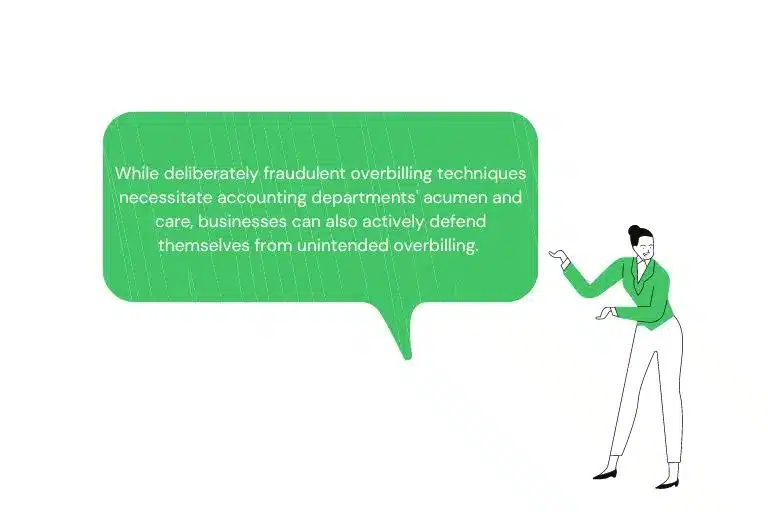
While deliberately fraudulent overbilling techniques necessitate accounting departments’ acumen and care, businesses can also actively defend themselves from unintended overbilling. Several studies, including [CITE], have indicated that businesses can encourage more ethical billing practices simply by changing how they ask their contractors to account for work deliverables. According to this study, shifting the focus from overall pricing to quantifiable outcomes (hours spent, jobs performed, product generated) makes contractors more accountable and less likely to overbill.
Read more: Cost of Goods Sold (COGS) Explained & Calculation
Speak With An Experienced Client Fraud Attorney
Overbilling schemes, like most forms of client fraud, may be a difficult and time-consuming process. Although a number of client protection laws protect businesses and individuals, there are still many opportunities for people to be taken advantage of by unethical professionals and corporations, which means that working with an experienced attorney is not only a good choice, but often the best choice.
If you suspect you may have been a victim of fraud, consider working with the experienced attorneys at XOA TAX. Our legal team can assist you in determining if you are a legitimate victim of bad business practices and help hold individuals, businesses, and financial and insurance institutions accountable for their actions. Give us a call today at (714) 594-6986 or request a consultation online to learn more about our comprehensive consumer fraud representation services. Our experienced attorneys are ready to help you get the justice and financial compensation you deserve!
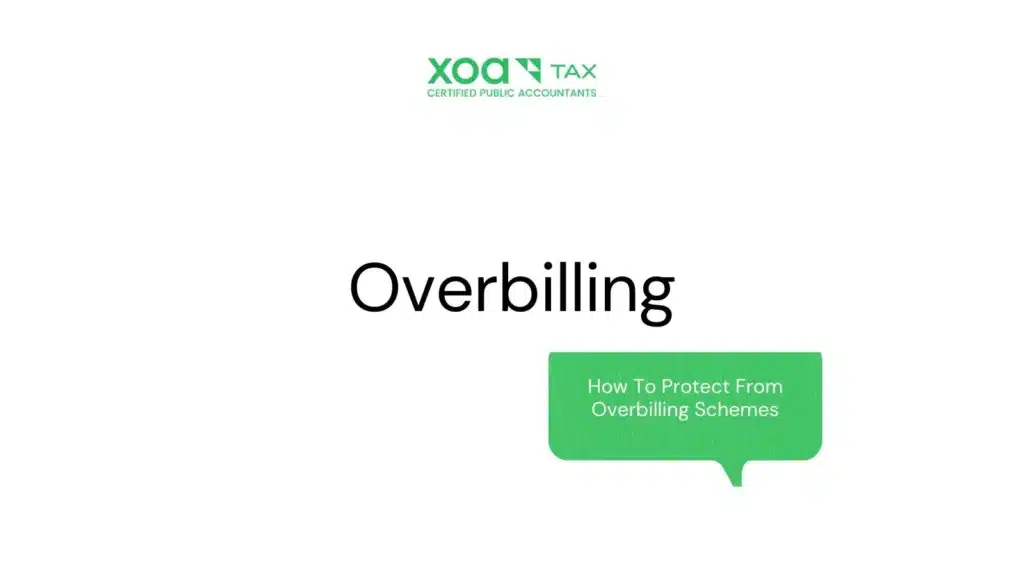



















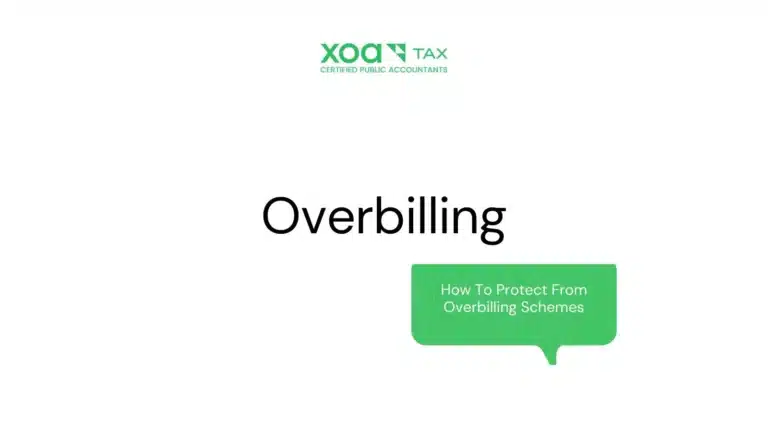
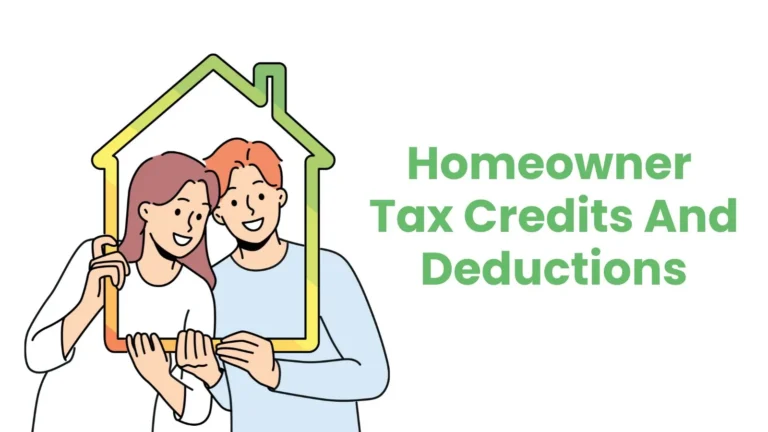
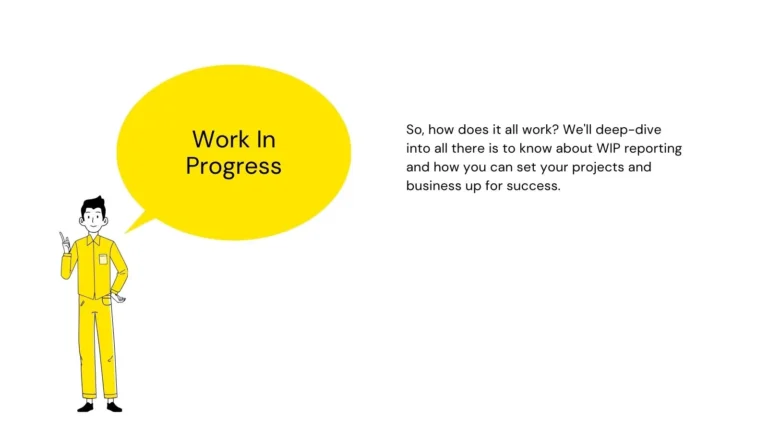
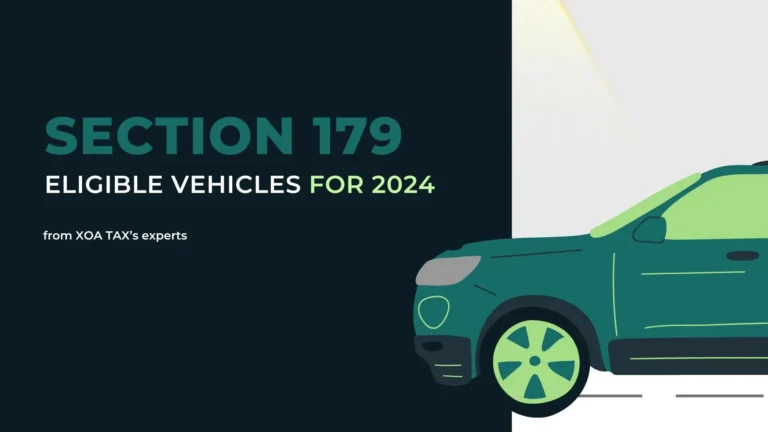
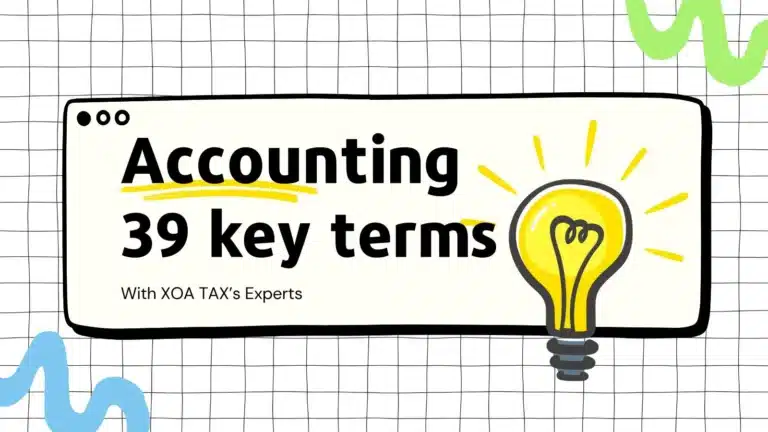
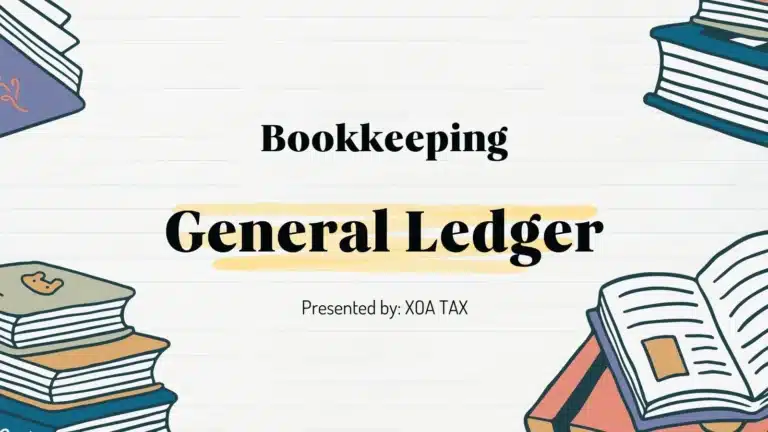

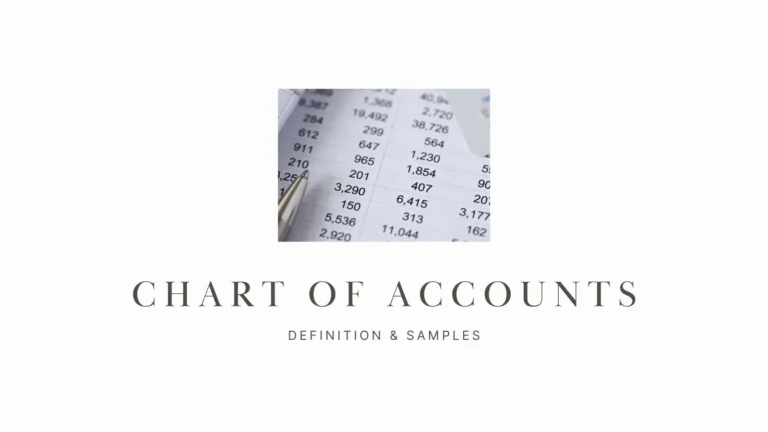
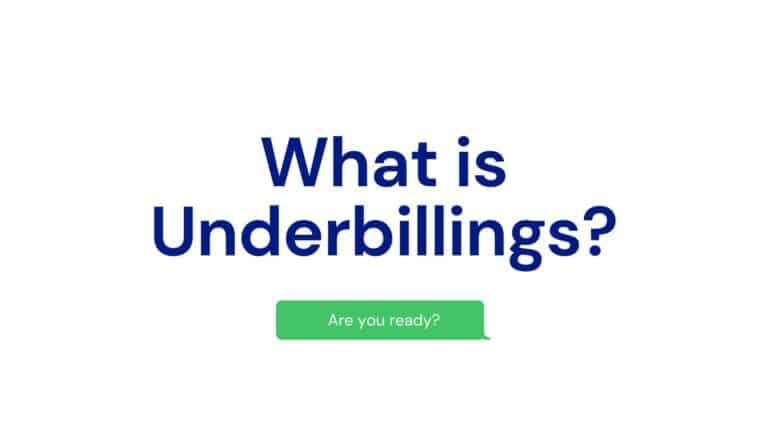




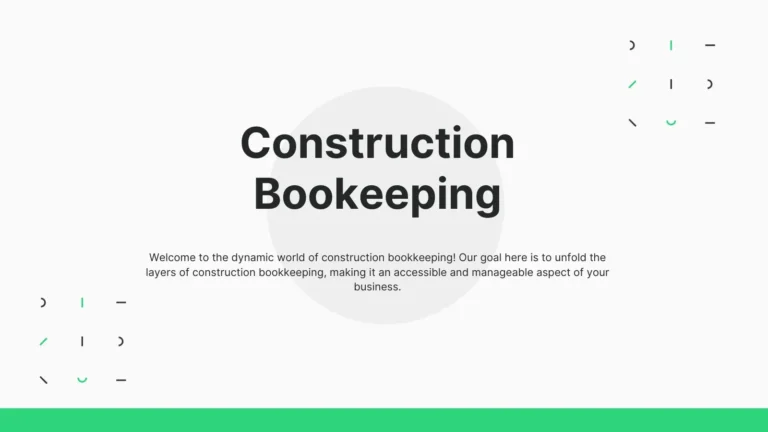
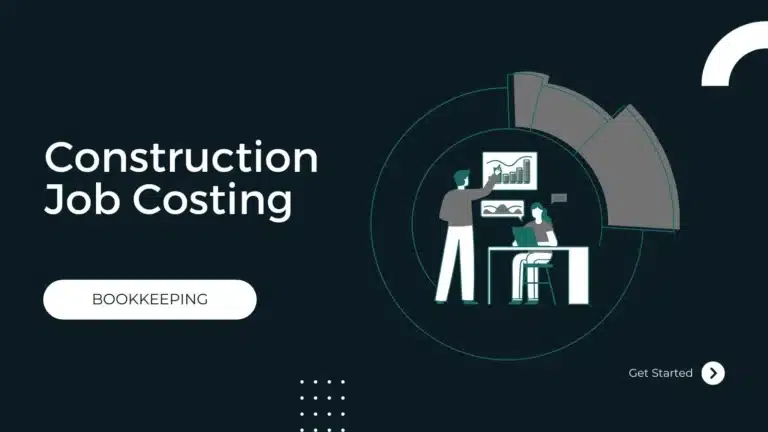
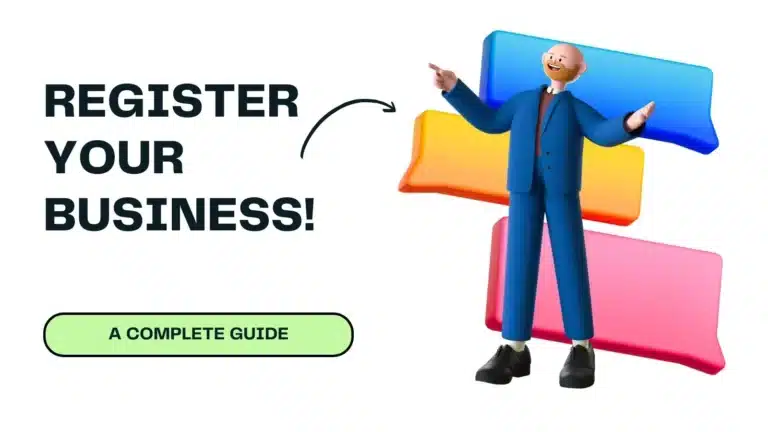
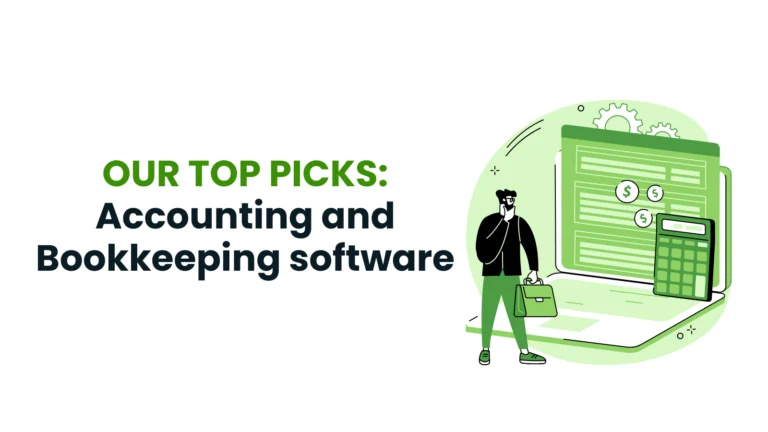
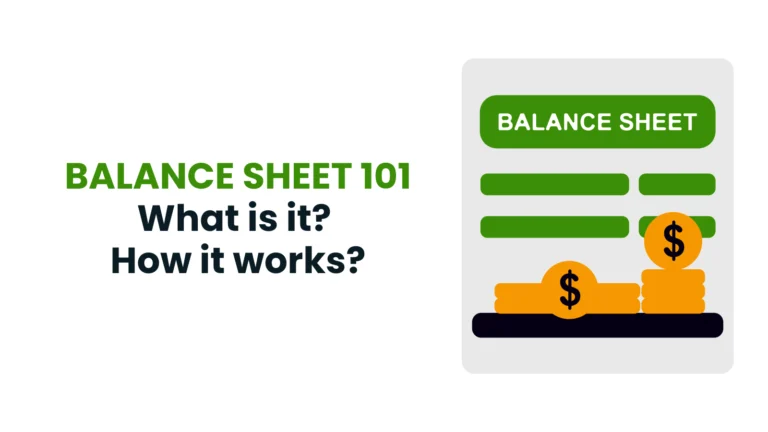
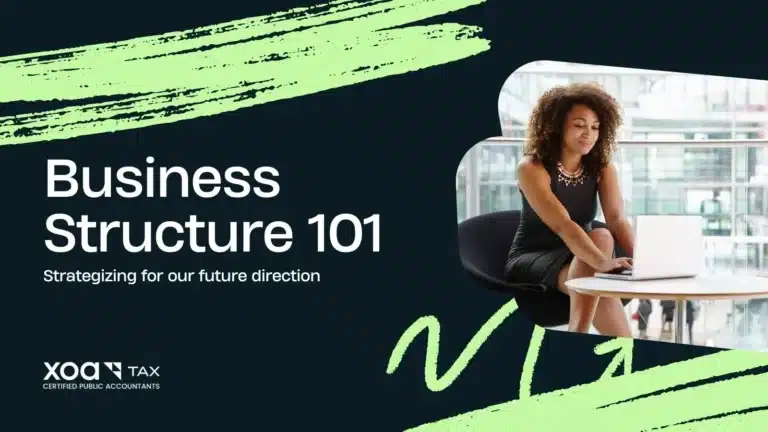
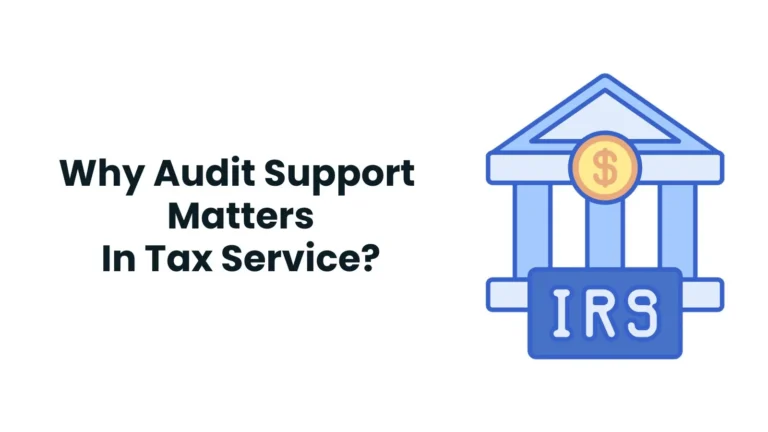

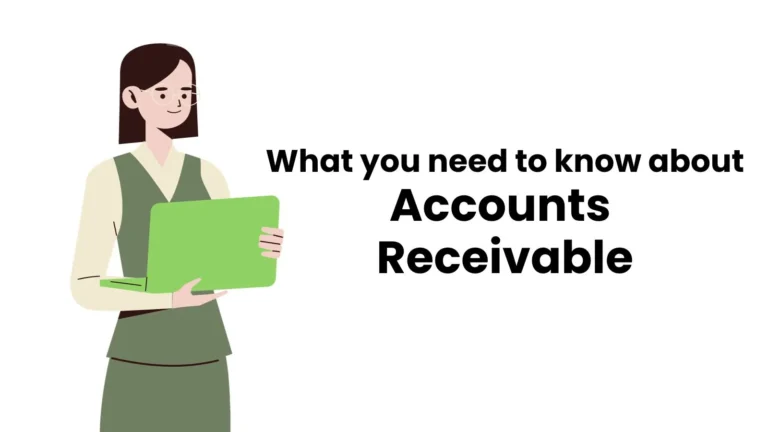


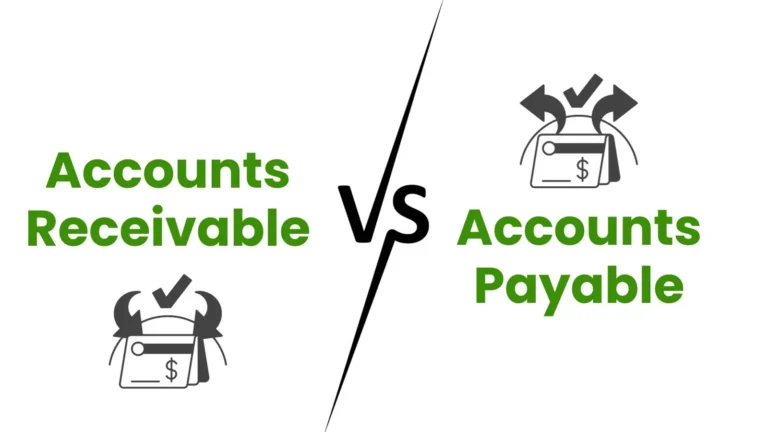
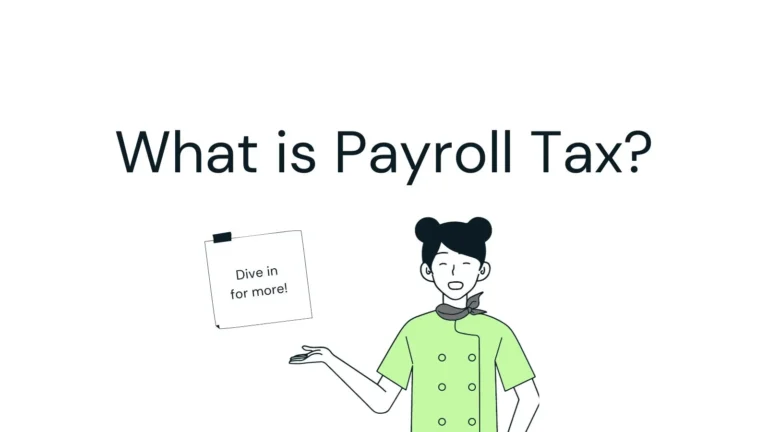
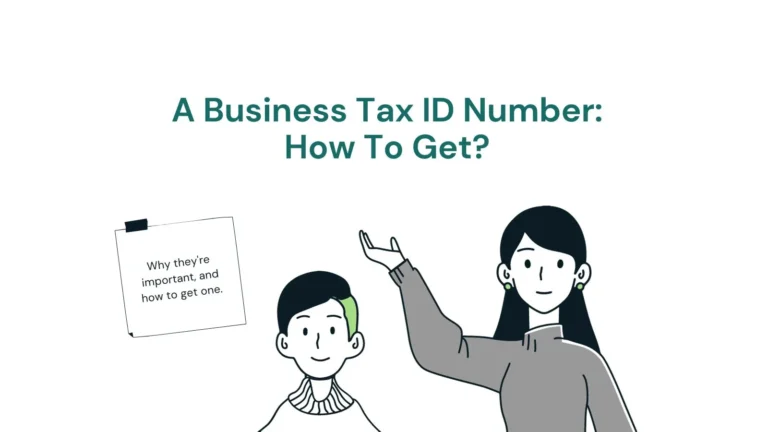
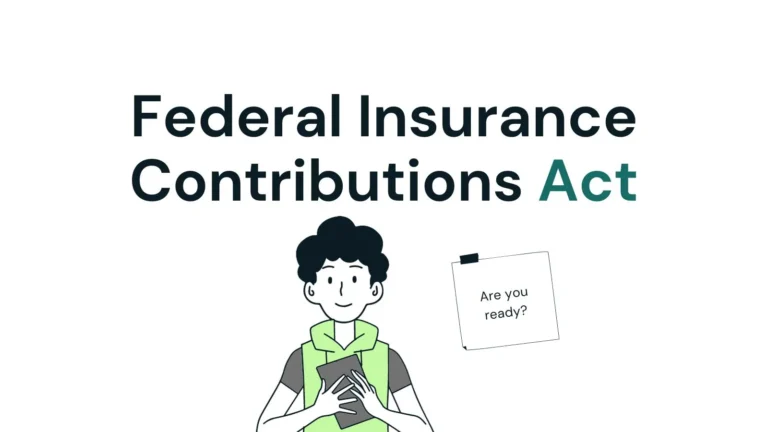
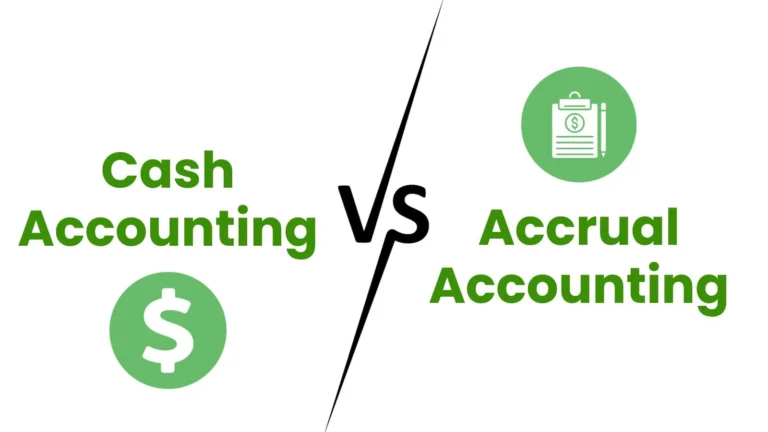
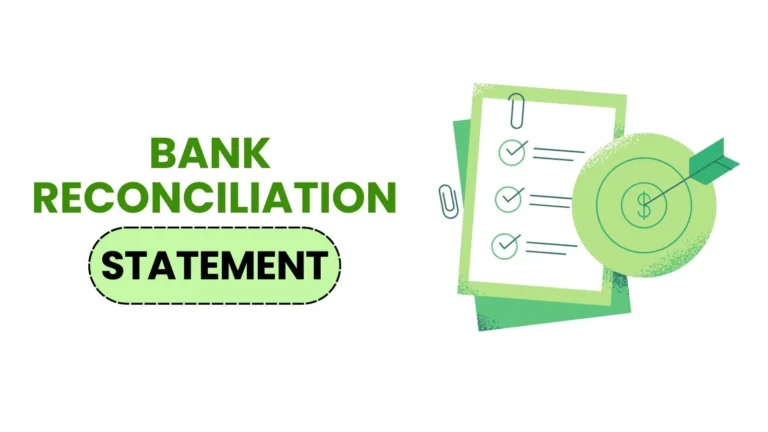
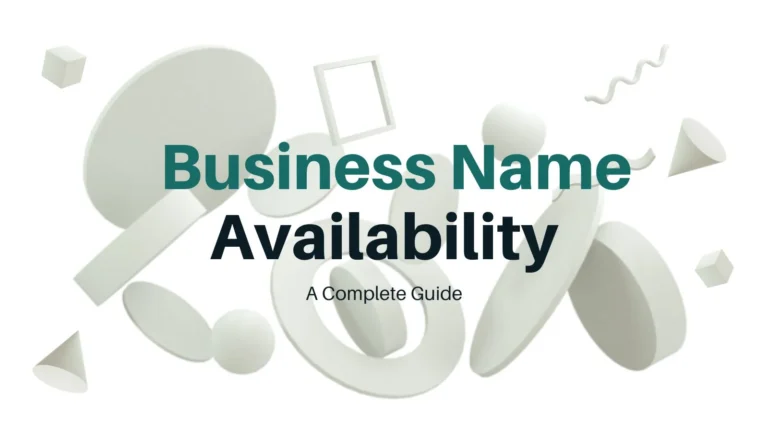
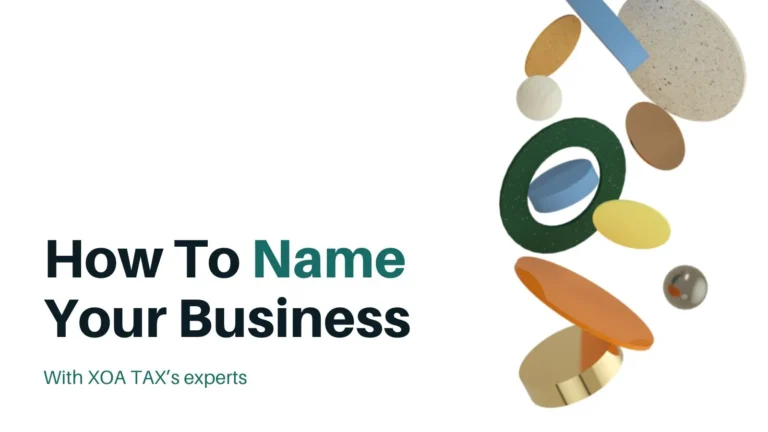

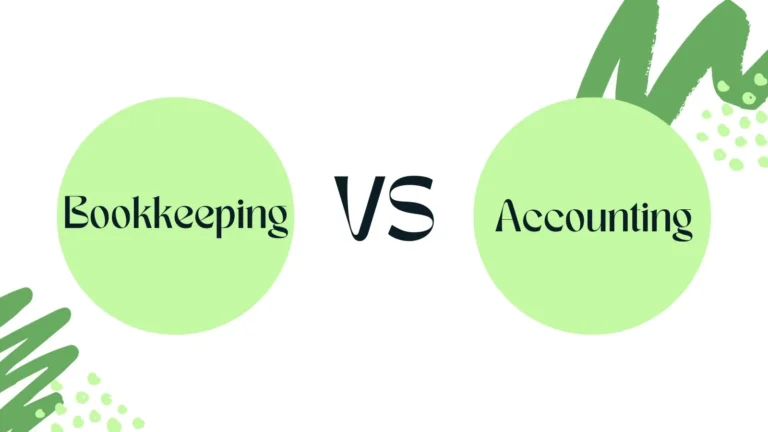

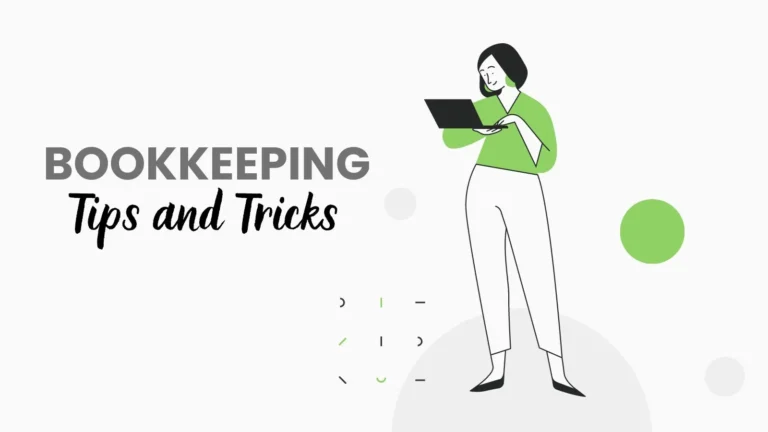
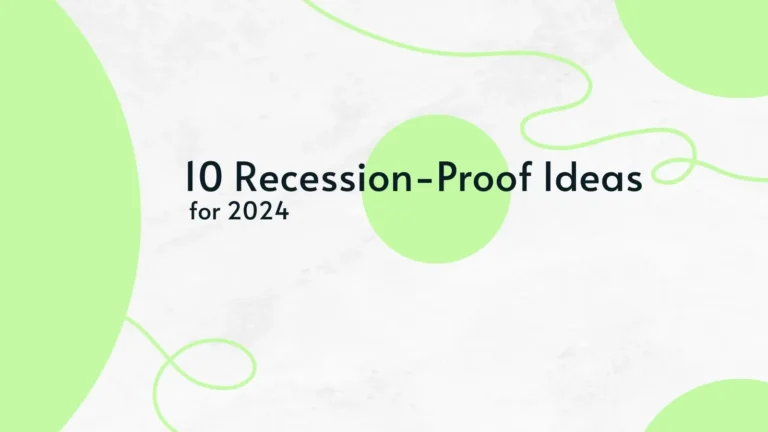
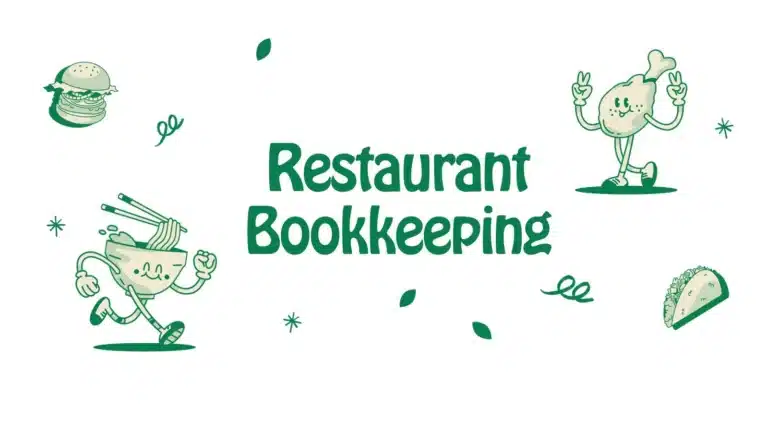

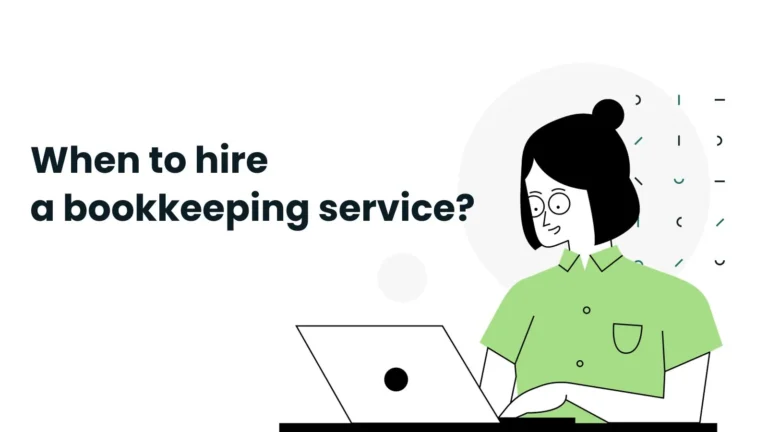
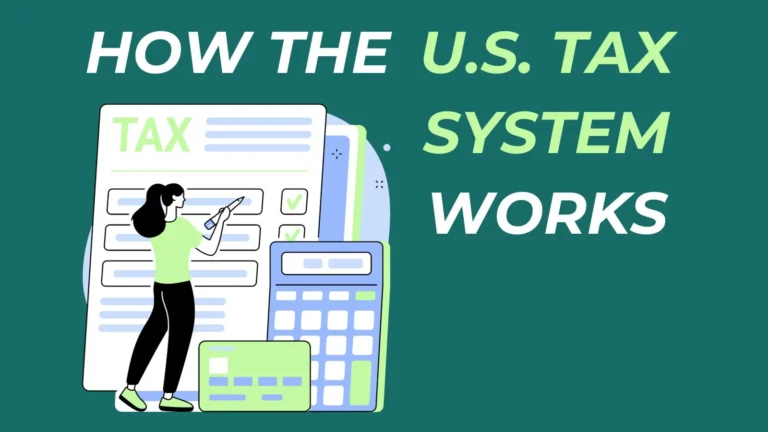
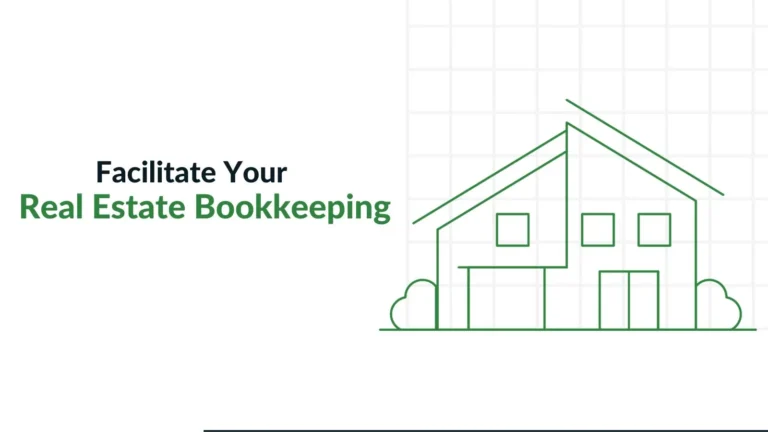
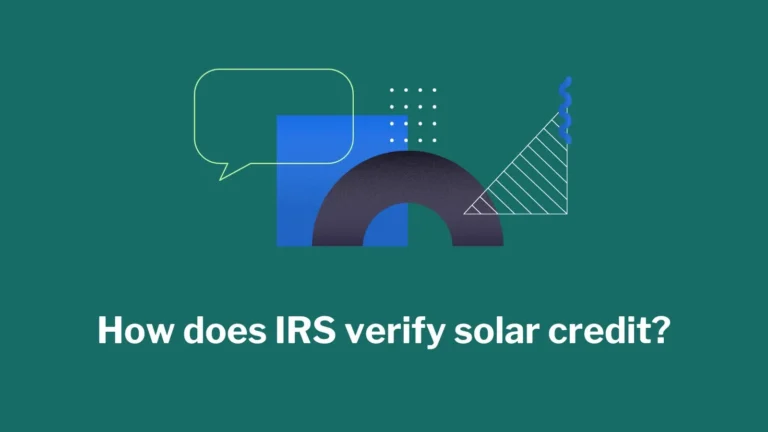
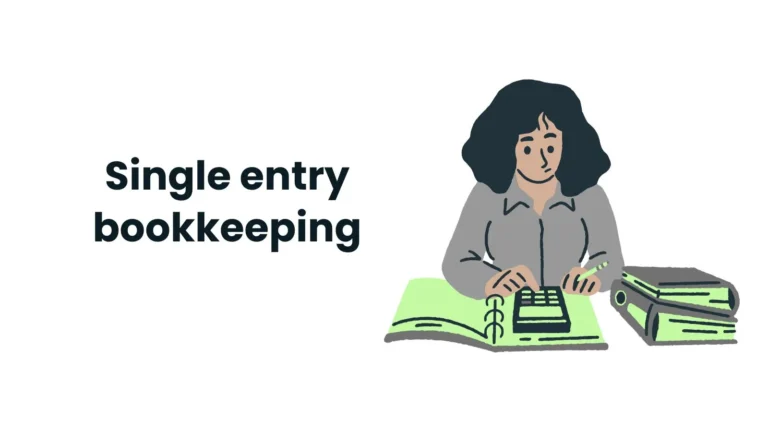
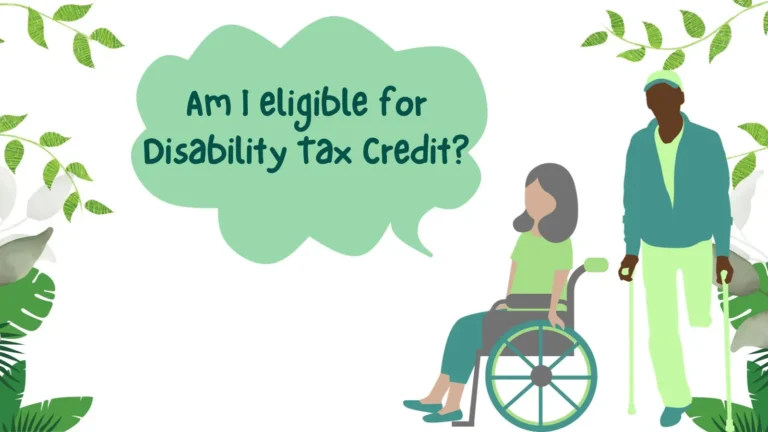


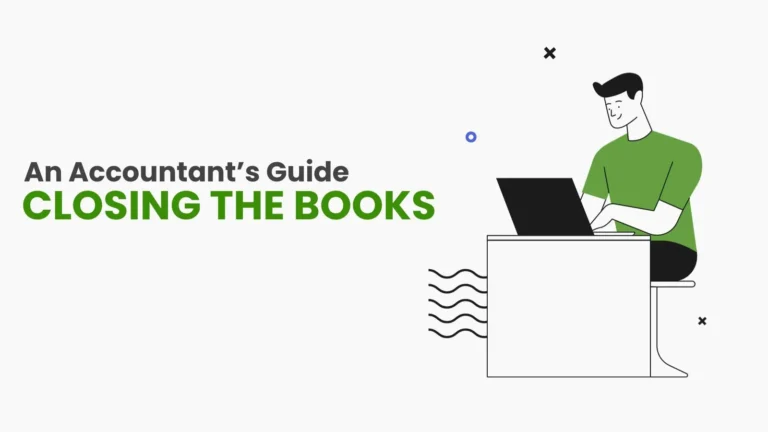
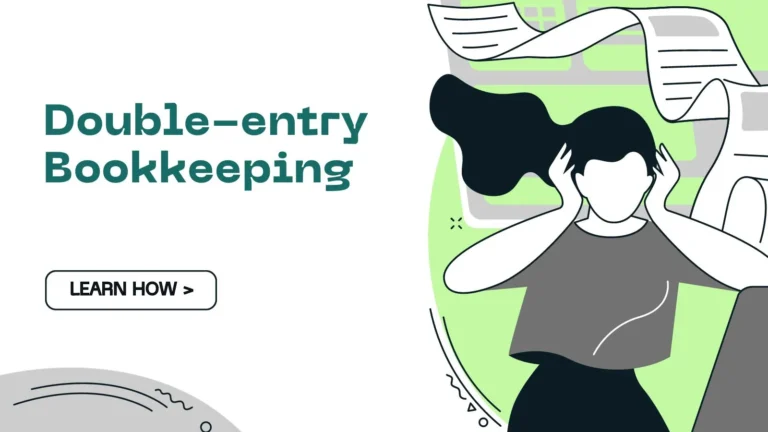


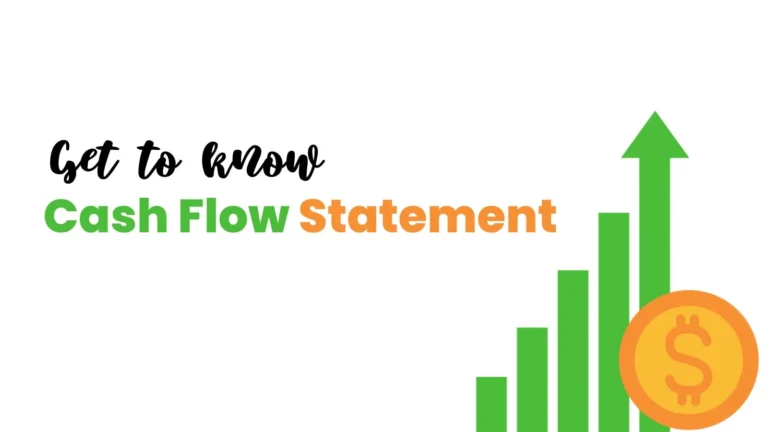
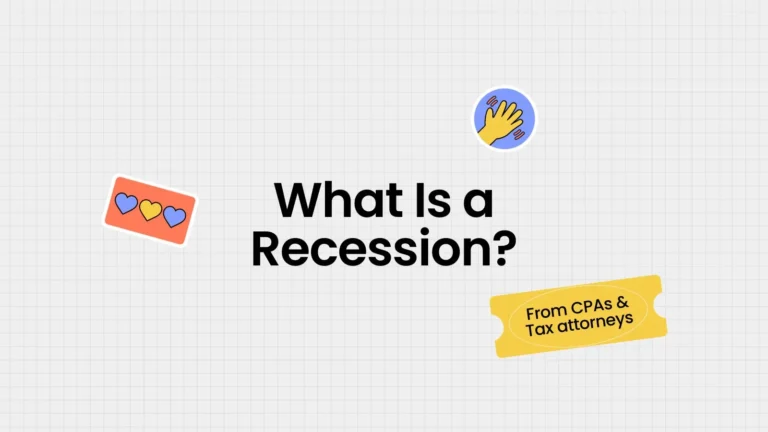
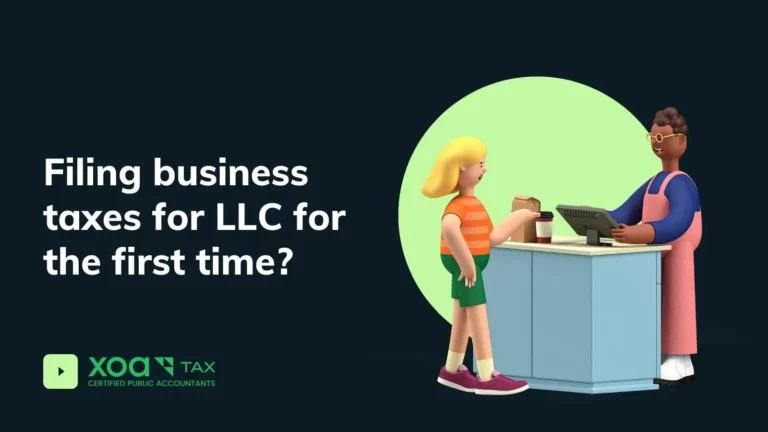
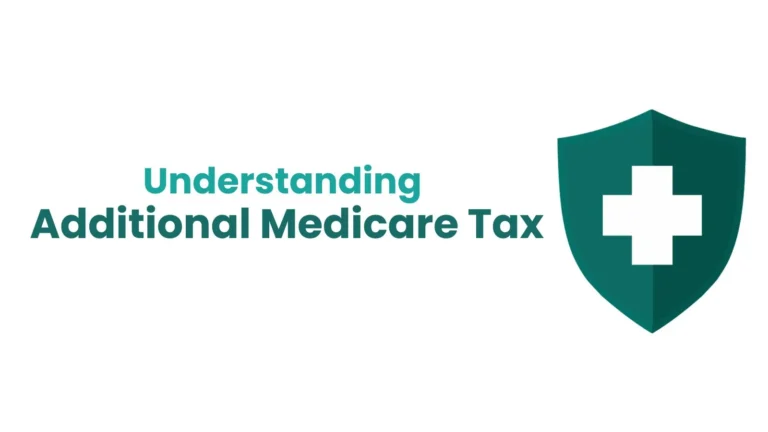
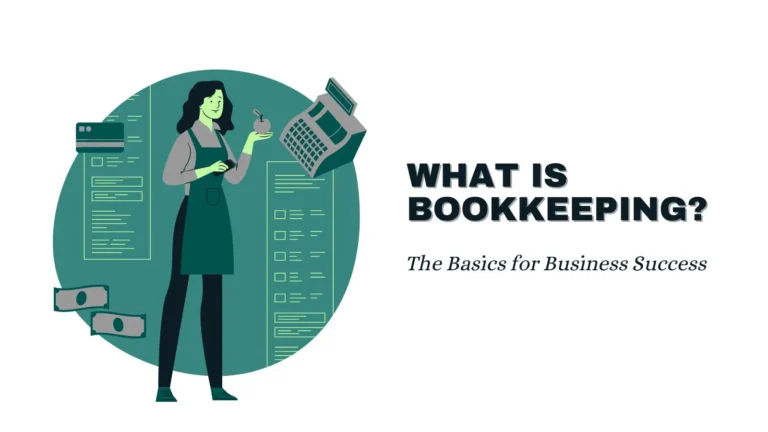
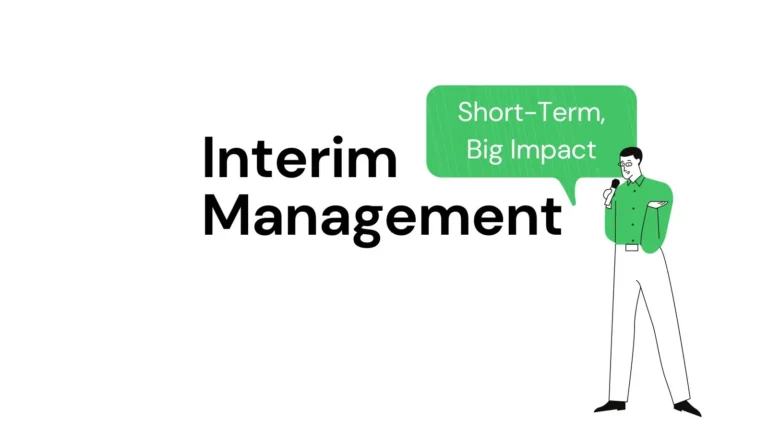

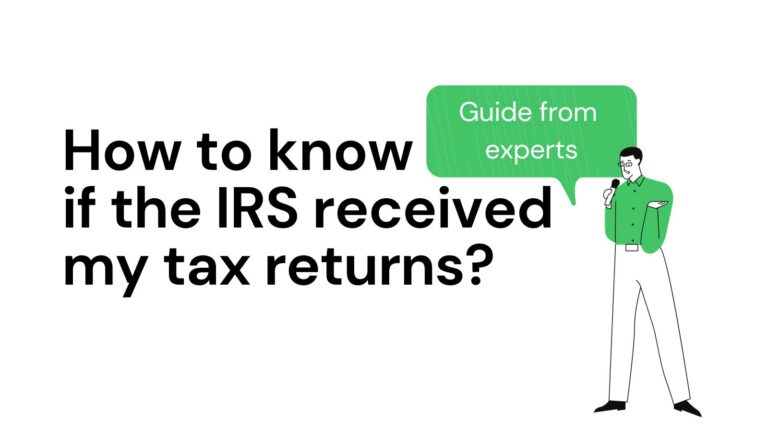
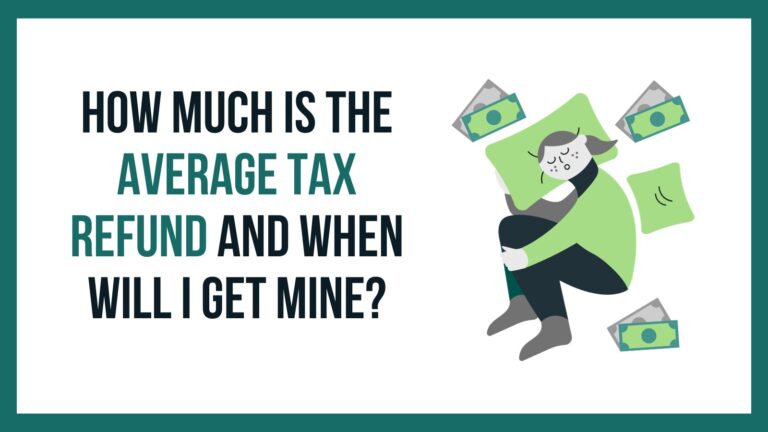

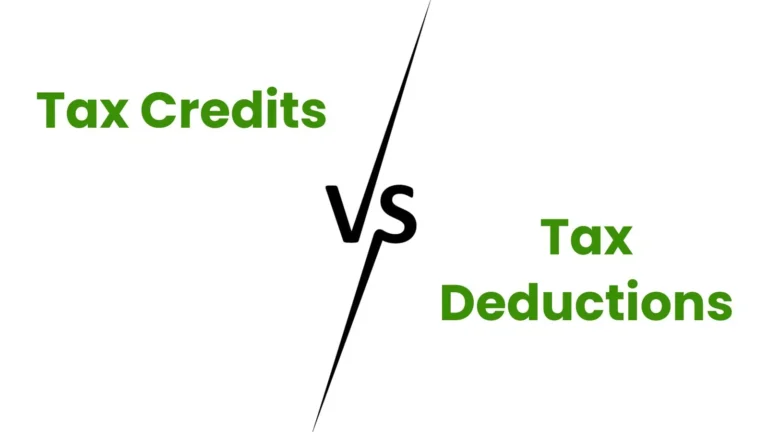
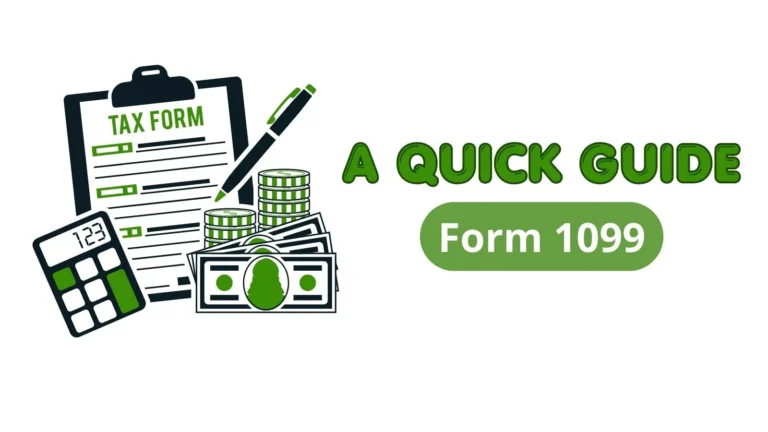
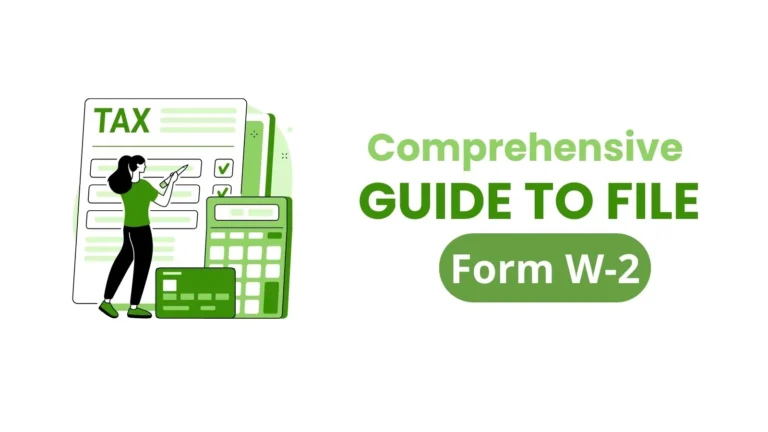
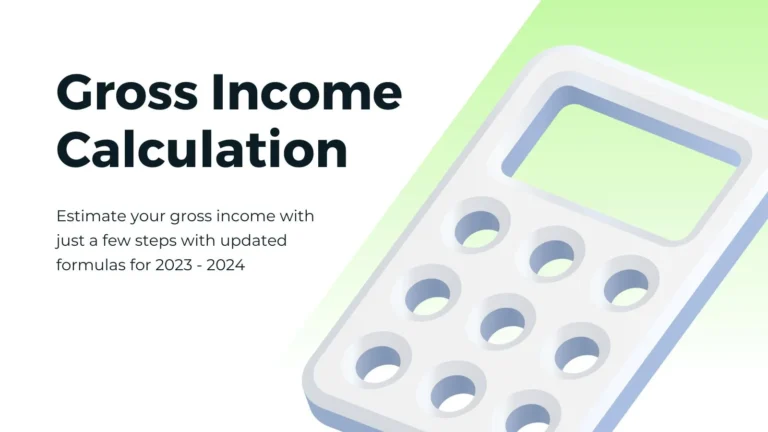
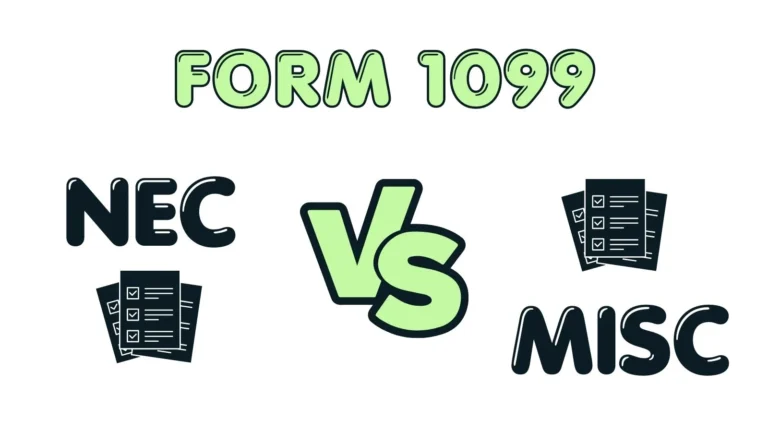


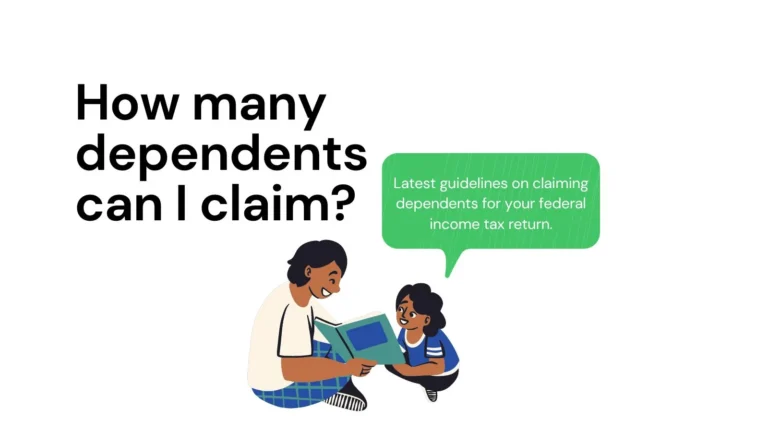
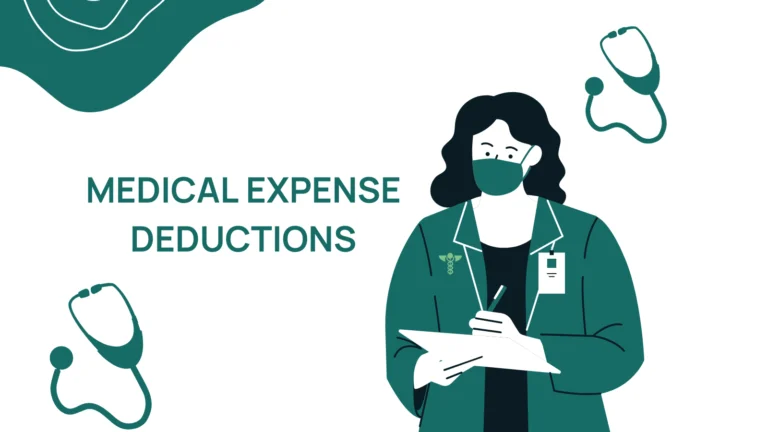
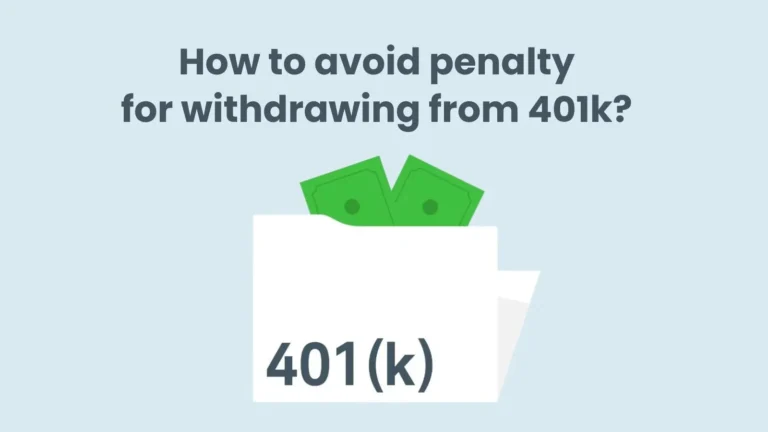
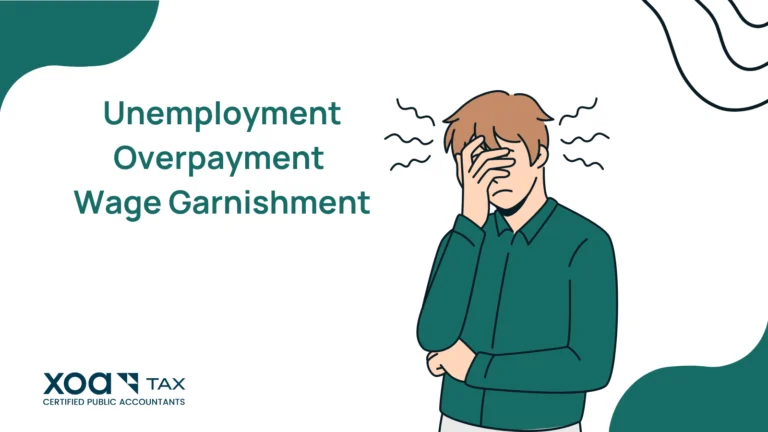
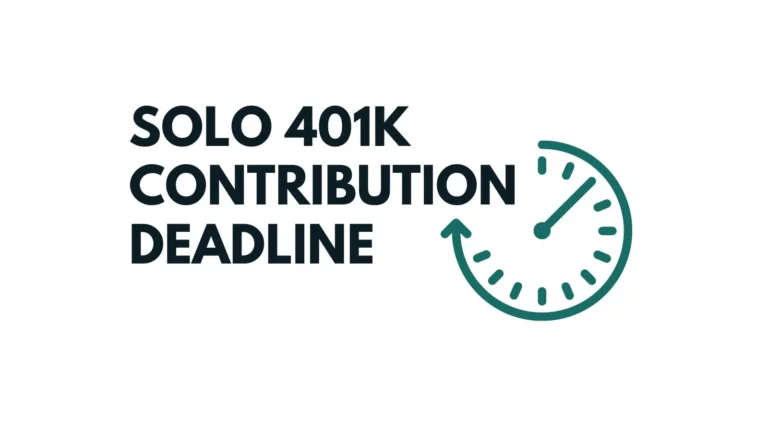
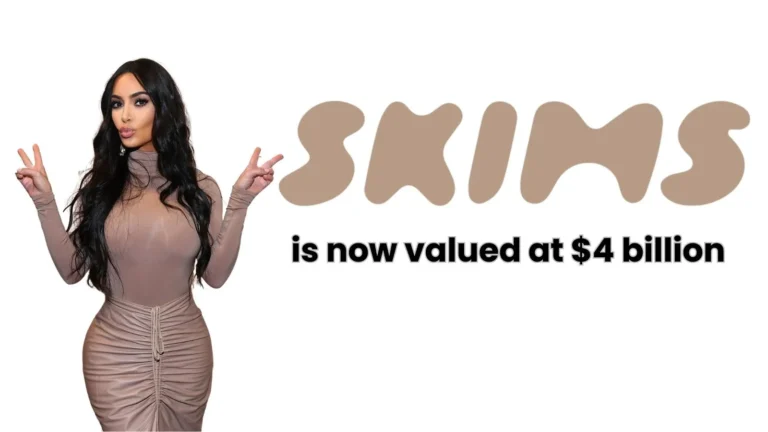




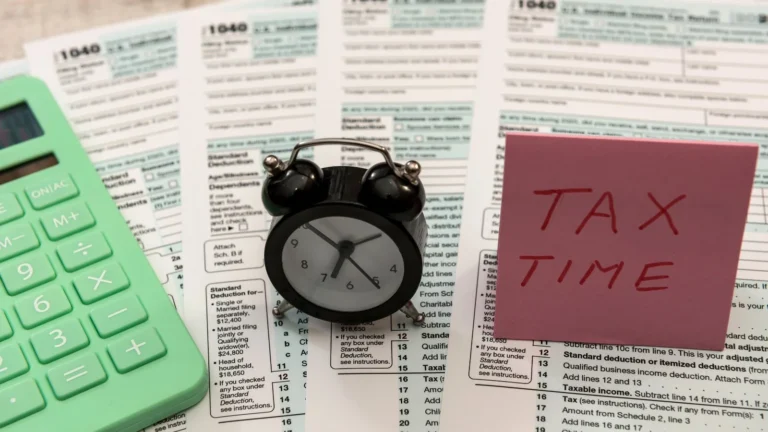
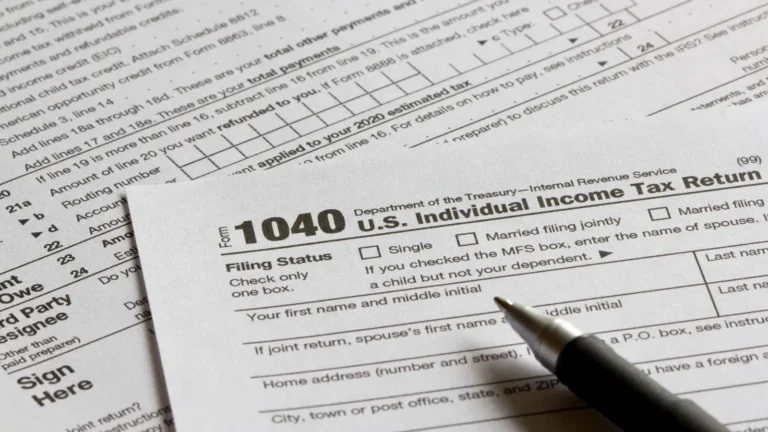
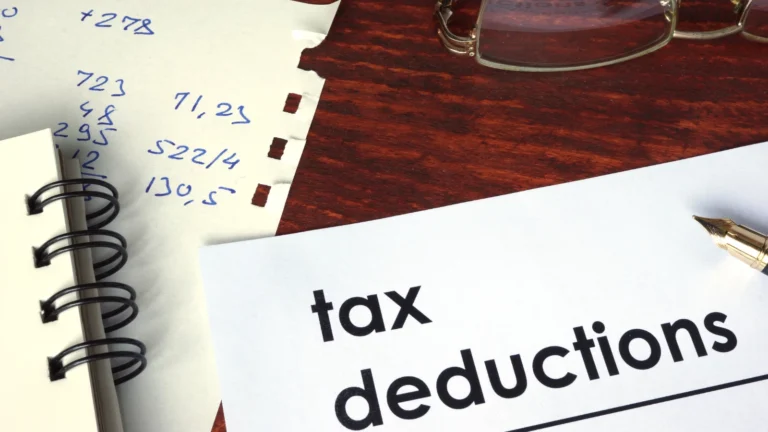
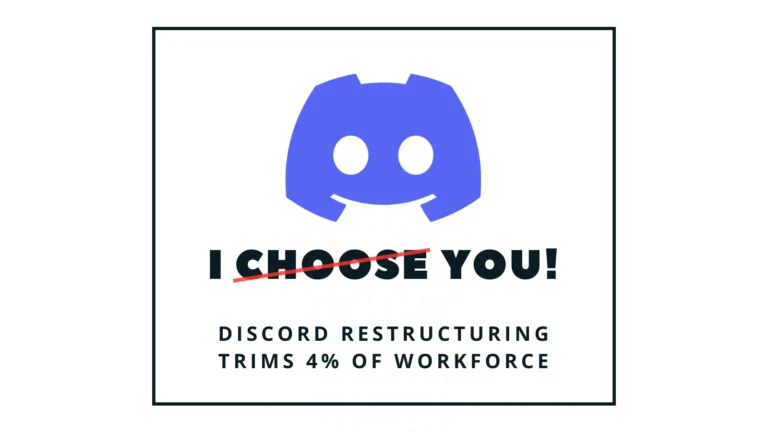



 anywhere
anywhere  anytime
anytime